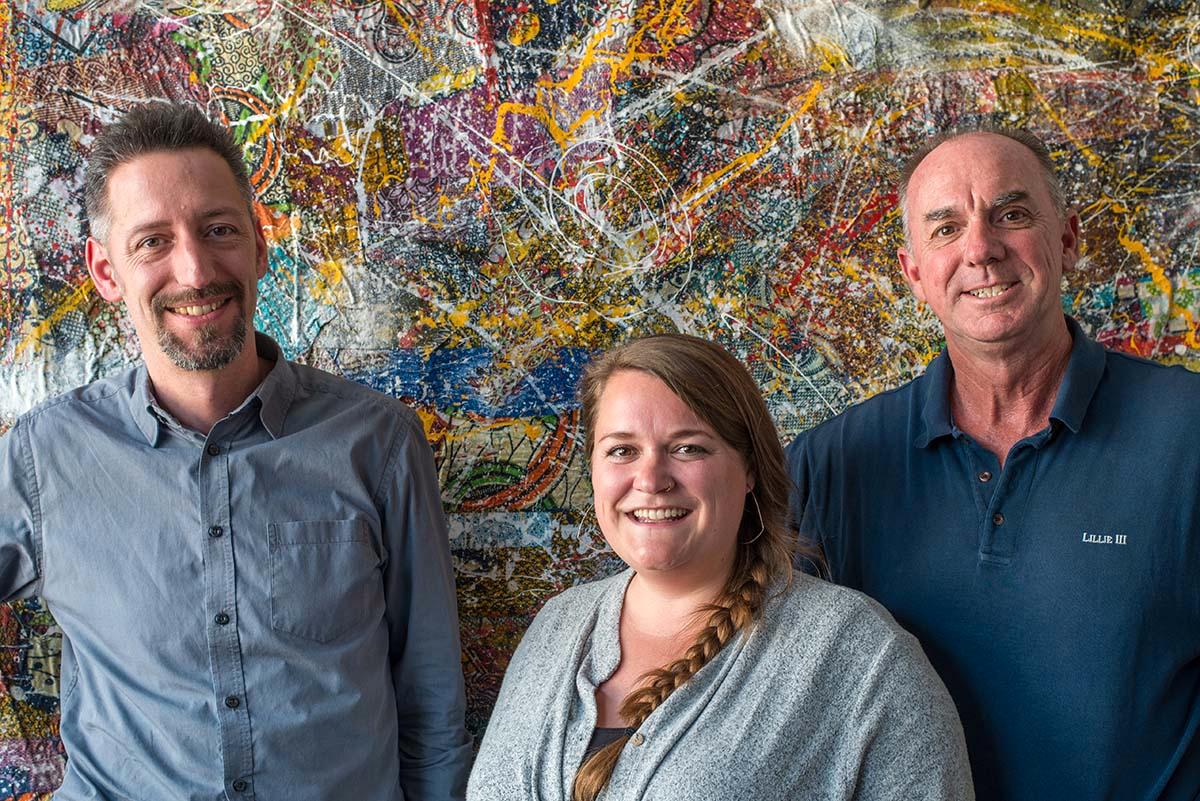Academic Partners
LMU is Germany’s largest university and is participating in this project with the Division for Infectious Diseases and Tropical Medicine (DITM). DITM houses the German Center for Infection Research (DZIF) TB international clinical trials unit (iCTU), led by Prof. Hoelscher.
The iCTU serves as sponsor for the RaPaed-AIDA-TB study, led by Dr Heinrich and Dr Olbrich. The iCTU is experienced and equipped to design, organize and conduct TB clinical trials on new treatments, diagnostics and interventions. In the field of diagnostics, the iCTU has conducted a number of TB studies such as the evaluation of urinary LAM, of the HAIN line probe assay and GeneXpert MTB/RIF.
The unit includes medical experts, expert project managers and data managers, statisticians and logistics. PD Dr Geldmacher has developed the TAM-TB test, which is currently being transformed into a commercial kit and being validated in the RaPaed-AIDA-TB study.


Division of Infectious Diseases and Tropical Medicine (LMU)
(Project Co-ordinator)
The Division of Infectious Diseases and Tropical Medicine (University Hospital, LMU Munich) hosts a global health research team and has an extensive track-record of clinical trials. These studies focus on new health interventions, including delivering a number of observational and interventional studies in the area of infectious diseases with African collaborators, particularly in TB. Several exploratory, verification and validation studies have been hosted and coordinated by the institution, which includes the prospective evaluation of diagnostic tests and platforms, for instance the evaluation of the performance of Xpert MTB/RIF in children.

German Centre for Infection Research (DZIF)
The DZIF comprises of a number of the leading German infectious disease research institutions. Division of Infectious Diseases and Tropical Medicine, Medical Center of the University of Munich (LMU) will contribute its experience of over 20 years in conducting clinical, immunological, epidemiological and public health research in African countries.

Foundation for Innovative New Diagnostics (FIND), Geneva, Switzerland
Since 2003, they have been instrumental in the delivery of 21 new diagnostic tools used in 150 LMICs. Over 38 million FIND-supported products have been provided to our target markets since the start of 2015. A WHO Collaborating Centre, we work with more than 200 academic, industry, governmental, and civil society partners worldwide, on over 70 active projects that cross six priority disease areas. FIND is committed to a future in which diagnostics underpin treatment decisions and provide the foundation for disease surveillance, control and prevention.

DZIF-Borstel Research Center (FZB), Borstel, Germany
DZIF-Borstel Research Center (FZB) is hosting the German National Reference Center for Mycobacteria which is one of the leading diagnostic centres worldwide and one of the 26 WHO Supranational Reference Laboratories.
FZB coordinates several national and international activities in basic and applied fields of TB research. Several studies on host-pathogen interaction, molecular epidemiology, resistance mechanisms, and genomic diversity of clinical MTBC isolates have been conducted.
A special recent focus is the application of next generation sequencing genome analysis for resistance prediction and tracing of outbreak strains.

Karolinska Institutet (KI), Stockholm, Sweden
Karolinska Institutet is one of the world’s foremost medical universities. Our vision is to advance knowledge about life and strive towards better health for all.
As a university, KI is Sweden’s single largest centre of medical academic research and offers the country’s widest range of medical courses and programmes.
Since 1901 the Nobel Assembly at Karolinska Institutet has selected the Nobel laureates in Physiology or Medicine.
